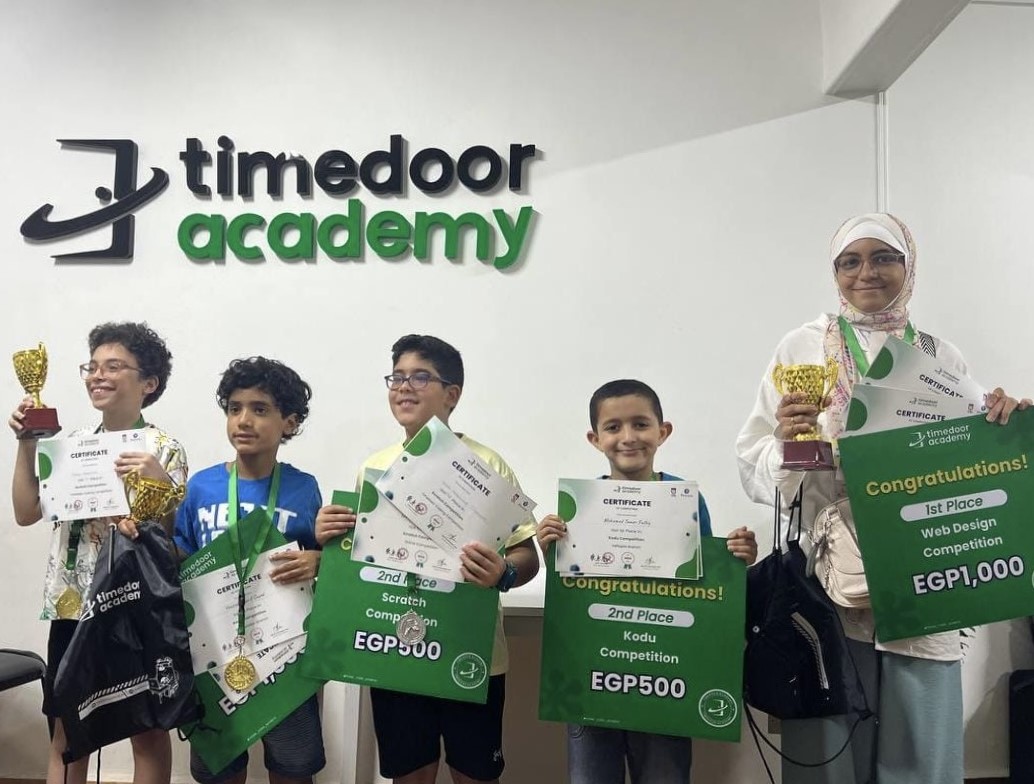Timedoor Academy Coding Competition in Egypt!
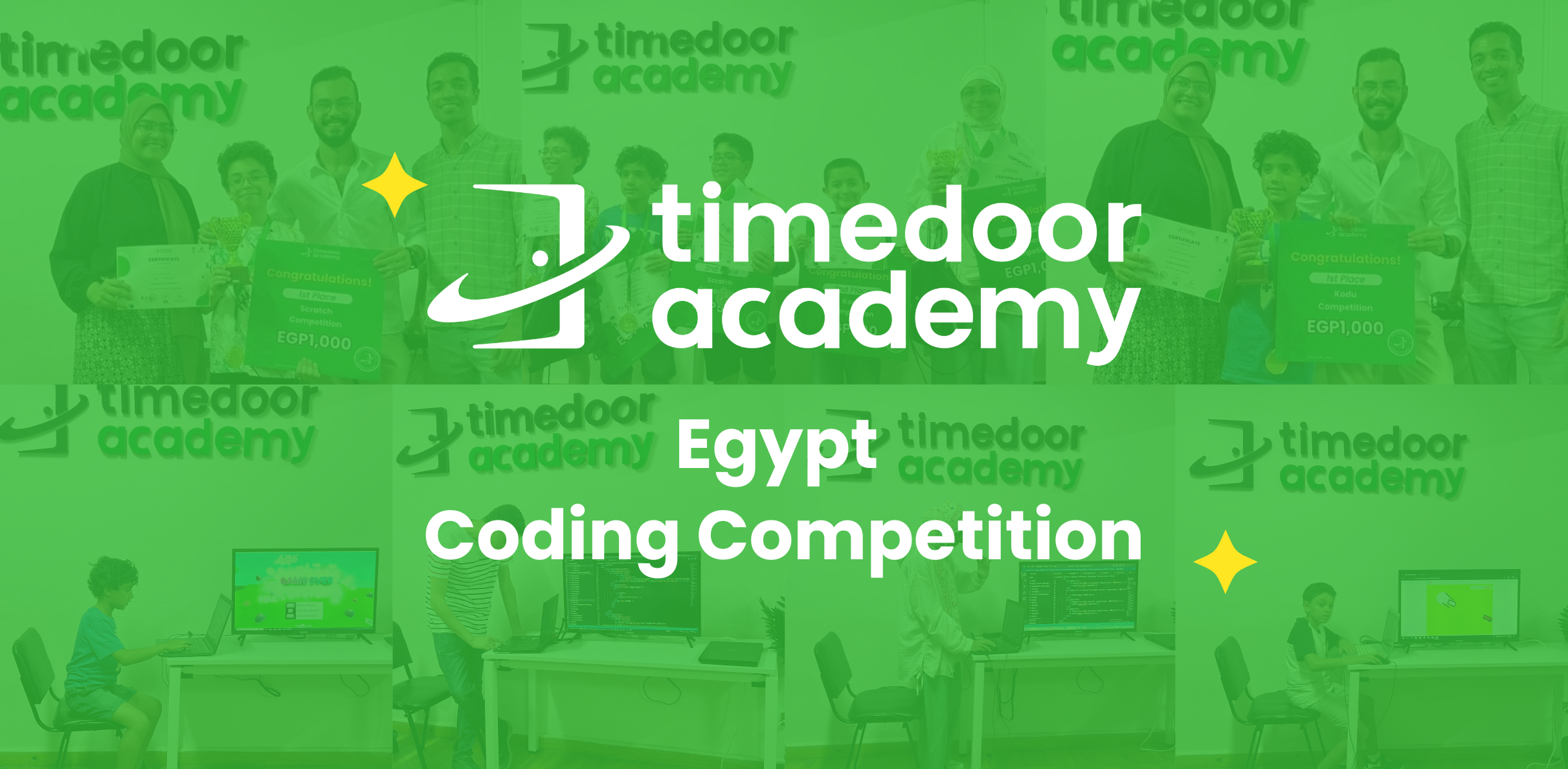
The youth showcase their impressive digital skills at the exciting Timedoor Academy Coding Competition in Egypt!
Timedoor Academy hosted its highly anticipated Coding Competition in Egypt from July 16th to July 31st, 2024. Exhibition of innovation and creativity. The event drew an impressive crowd accounting for 200+ bright participants from both online and offline classes in Egypt.
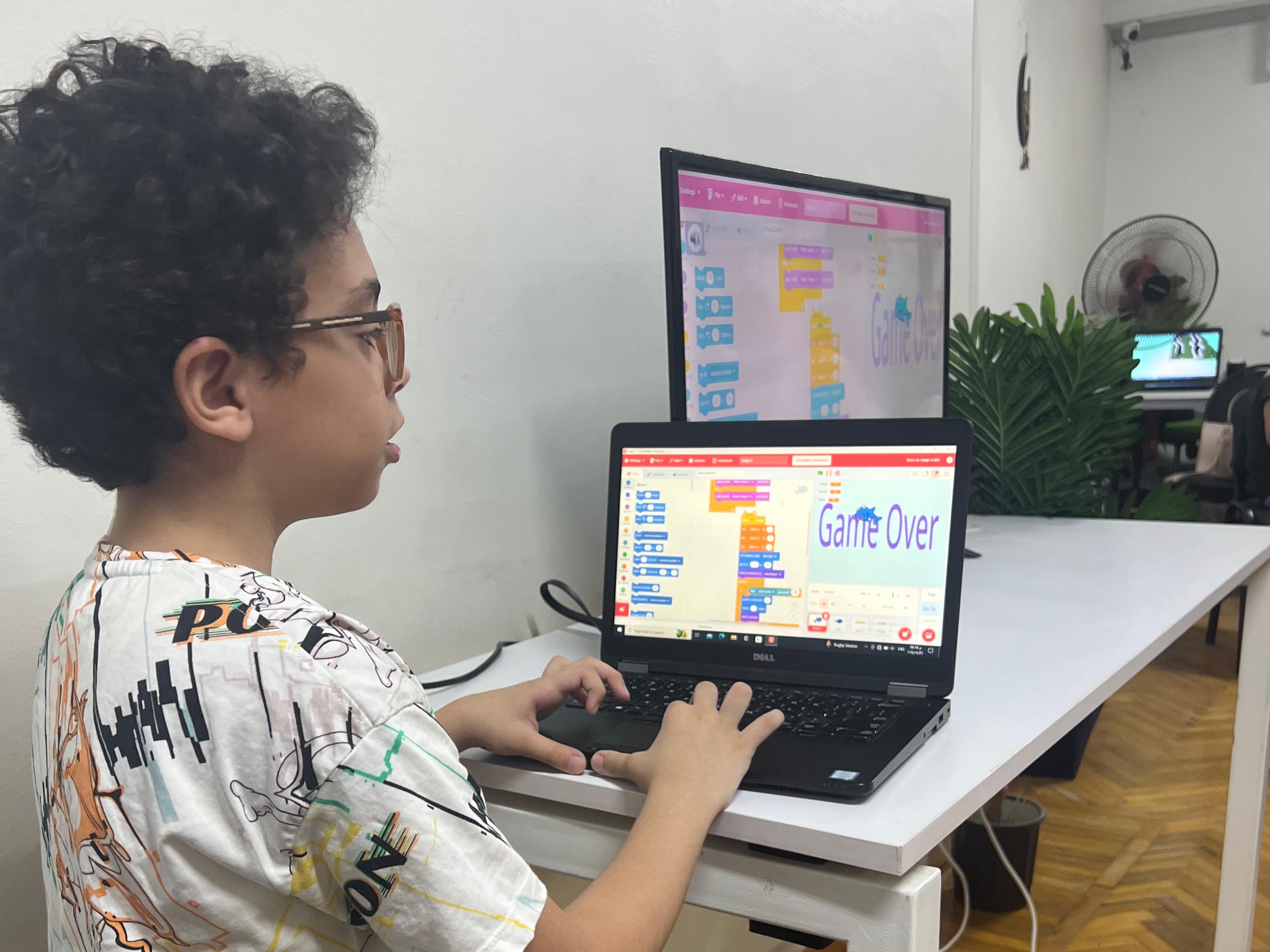
Overview of Coding Competition in Egypt!
The competition is divided into two exciting phases, each phase allows participants to showcase their skills in the game creation and website design.
The initial round saw more than 50 enthusiastic coders putting their best foot forward.
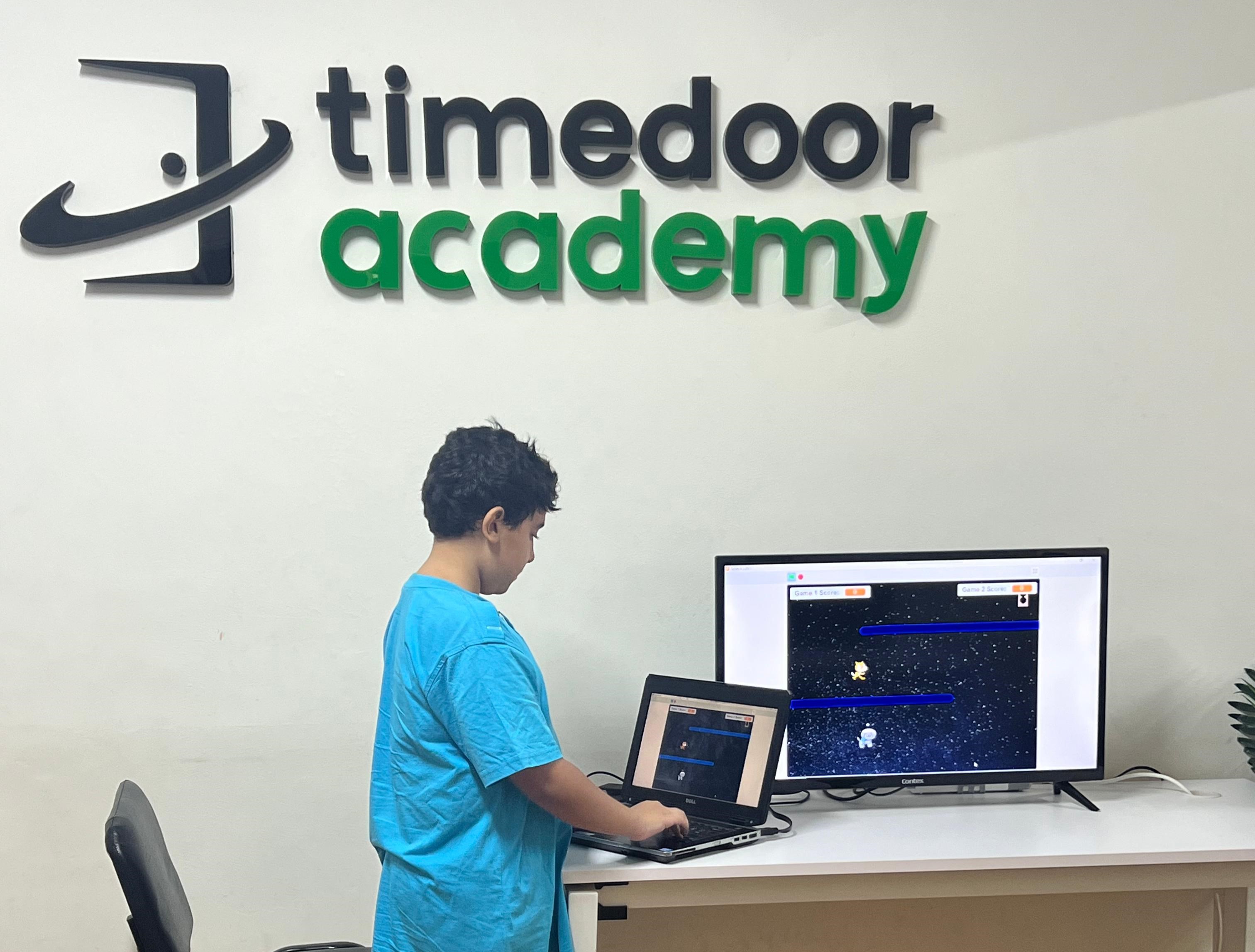
As the competition heated up, the top 20 participants from each category earned their spots in the final round, held at our branch in Misr Al-Gadeda.
Adding to the excitement, over 30 proud parents attended the finals to witness firsthand the incredible achievements of their children. This remarkable display of skill and creativity from Egypt’s young coders demonstrates promising talent emerging in technological aspects.
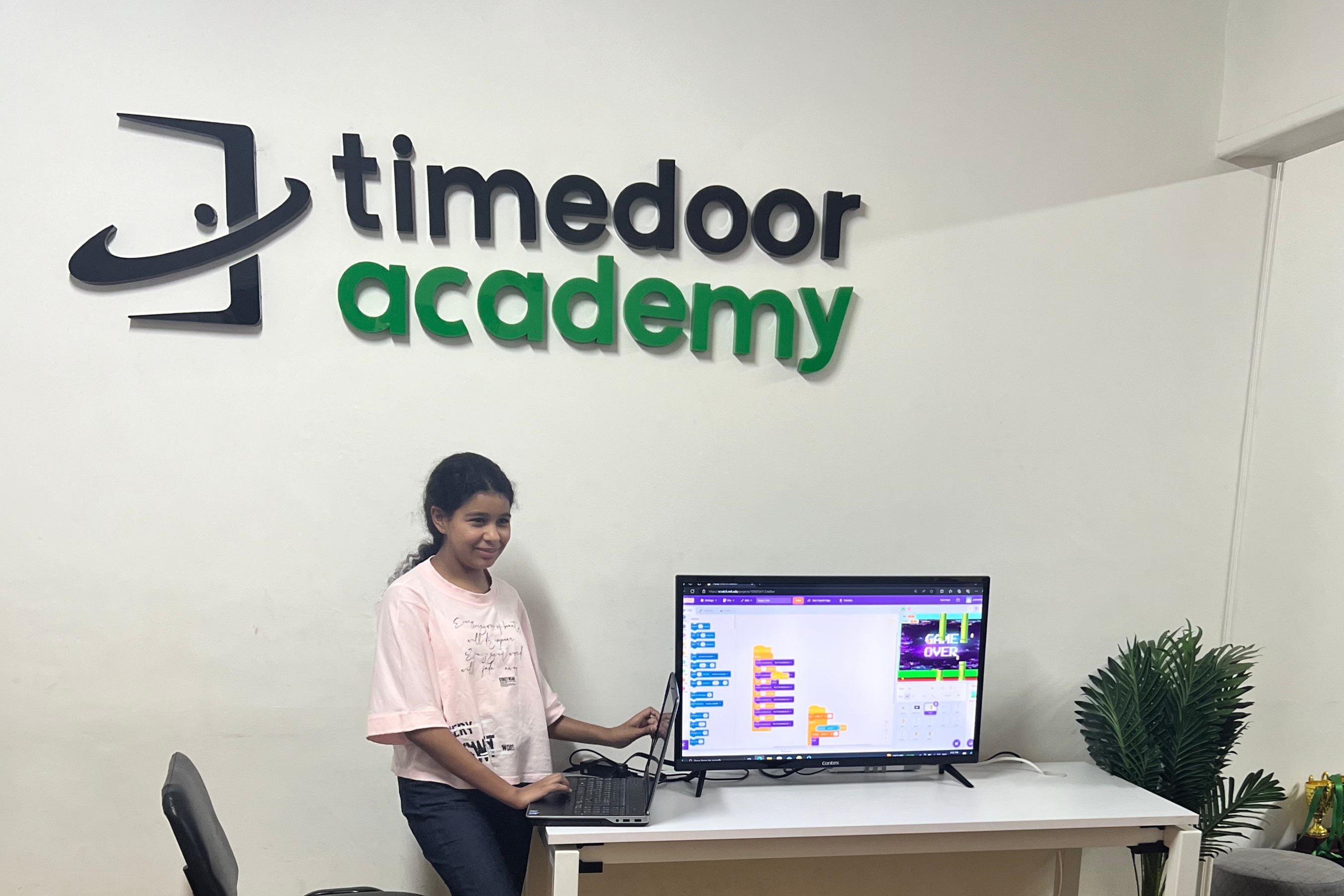
This remarkable display of skill and creativity from Egypt’s young coders demonstrates promising talent emerging in technological aspects.
Highlights of The Event
At Timedoor Academy, we believe in nurturing the tech leaders of tomorrow. This competition was more than just an event but it was a celebration of young talent and bright future of technology in Egypt.
To all our winners across categories: Bravo! Your hard work, creativity, and coding skills have truly set the bar high.
Thank you to every participant who joined us on this journey with your passion and dedication have made this event truly special.
Stay tuned for more exciting updates and opportunities to shine at Timedoor Academy!
Explore our cutting-edge courses and upcoming tech events by visiting our website. Don’t miss out – click here and start your digital adventure today!
